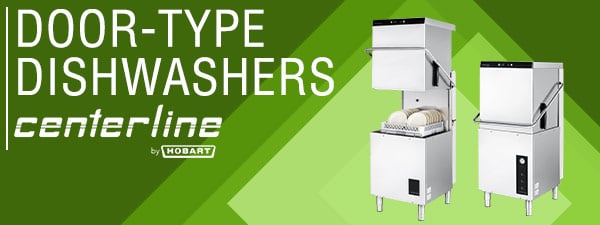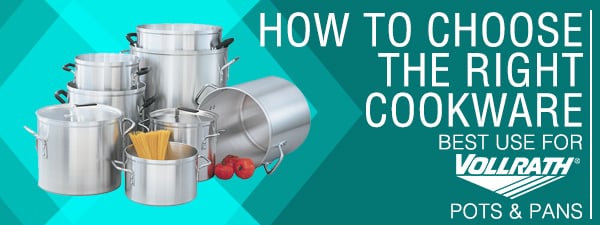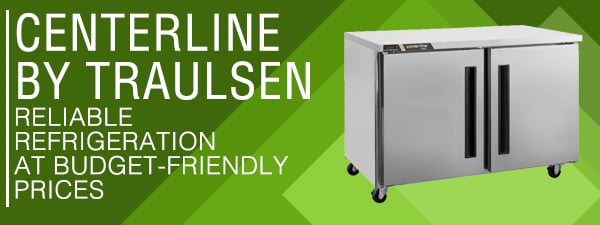Using Commercial Kitchen Equipment in Your Home
- Mar 19, 2018
- 0 Comments

For some homeowners, a commercial refrigerator or cooking range can be an appealing option for their home kitchen - the stainless steel exteriors and professional appearance can give that extra zing they've been looking for. However, while this might be the right choice for some homeowners, there are quite a few considerations you need to know about before you can make this decision as a knowledgeable buyer.
Oh The Noise
Commercial refrigeration equipment is built to withstand the demands of a commercial kitchen, which means more robust parts - bigger fans, motors, compressors, etc. This means that when these refrigerators run (and they will run more often than residential models), they are going to make more noise than one designed for your home. This noise isn't as noticeable in a bustling restaurant, where the kitchen is full of busy chefs and other loud cooking equipment, but in a home, you will definitely notice.
Safety First
If you have kids, a pet, or are just clumsy in the kitchen, you might want to think twice before installing commercial equipment. While residential models are specifically designed with safety in mind, manufacturers of commercial pieces expect them to be used by trained professionals. Therefore, concerns such as keeping the front exterior of the appliance cool in case your child should touch it were not a priority as it was built and tested, and you will have to be much more careful.
Hotter Is Not Always Better
Another factor to take into consideration is how much you want to spend on your energy bill. Commercial equipment runs hotter and will use more power, both of which can be a big drain on your finances. Your HVAC system will have to kick on at more frequent intervals to keep the equipment from affecting the temperature of your house.
Is Your House Up To Code?
Due to the increased power and size, installing a piece of commercial equipment usually involves more than just installing the appliance you wanted. You might have to rewire an outlet for a higher voltage (which can be extremely expensive) or you might have to also install an ANSUL fire suppression system or larger hood. Most commercial equipment also requires a certain amount of clearance between the equipment and the surrounding walls or counters that is not required by residential models.
Will You Be Covered?
By installing a commercial piece in a residential home, you may be voiding both the manufacturer's warranty and your home insurance policy. This is something you will want to research carefully, as this means you will be responsible for the cost of all repairs and damages caused by this item.
Cleaning Can Be A Hassle
A lot of commercial equipment requires regular cleaning and maintenance to continue to function properly. While this may not be an issue for some people, if you want a more hands-free appliance, residential is the way to go.















